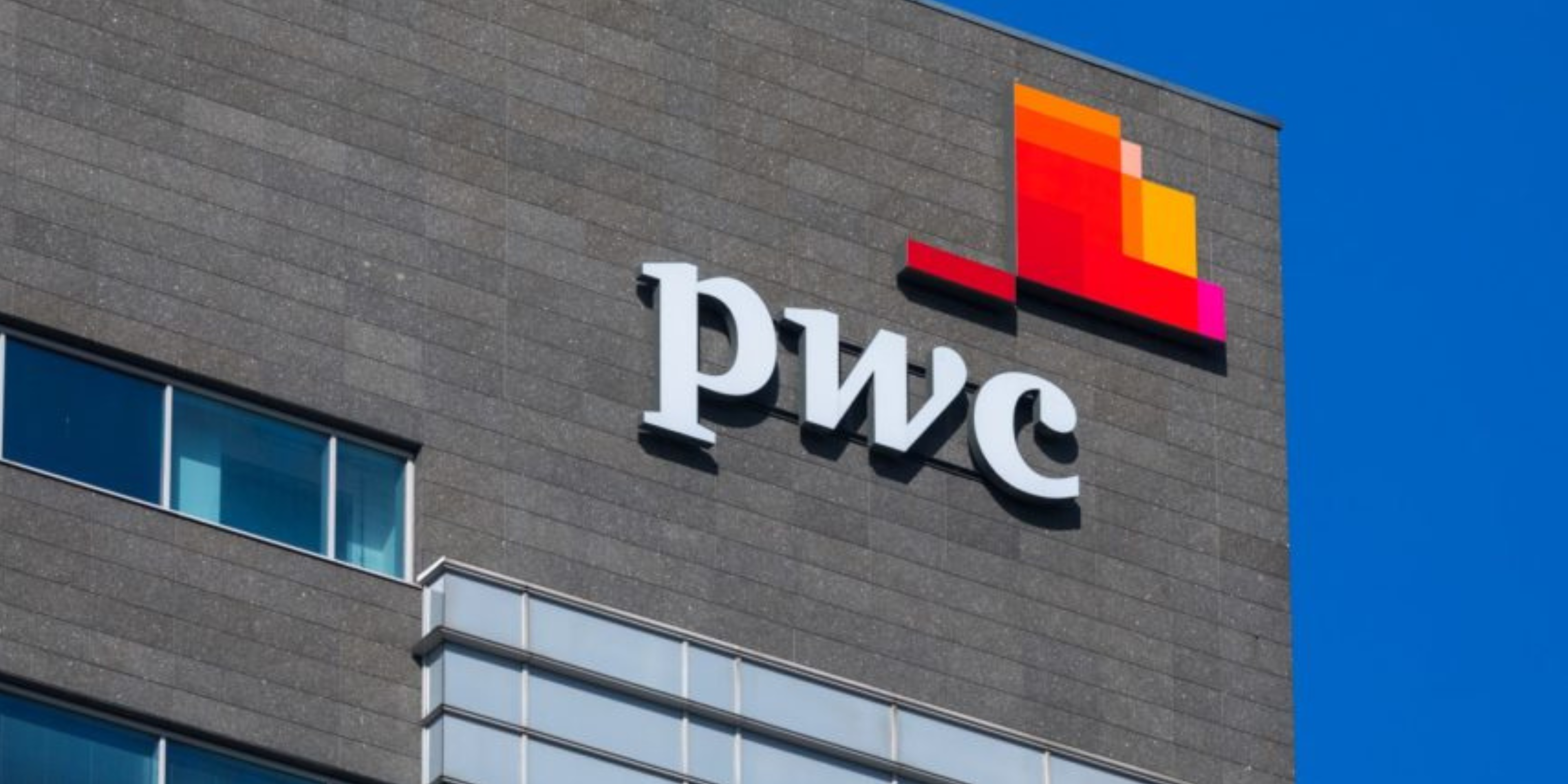
Investment in Indian startups in H1 2023 lowest in last four years: PwC India
According to the PwC India report, in value terms, early-stage deals contributed to approximately 16 per cent of the total funding in H1 CY23. However, this percentage represents the lowest value of early-stage deals in H1 CY23 as compared to the previous two years.
The report states that the Indian startup ecosystem witnessed the lowest six-month funding in the last four years during H1 CY23, totalling USD 3.8 billion across 298 deals. This amount reflects a decline of nearly 36 per cent compared to the funding in H2 CY22, which stood at USD 5.9 billion.

Despite the decline in overall funding, certain sectors continued to attract significant investments in H1 CY23. Fintech (Financial Technology), SAAS (Software-as-a-Service), and D2C (Direct-to-Consumer) were identified as the most funded sectors during this period.
The decline in funding can be attributed to various factors, including investor caution amid the ongoing COVID-19 pandemic and increased scrutiny during due diligence processes. These factors have led to a more cautious approach from investors, resulting in a decline in the overall funding amount.
It is important to note that funding trends in the startup ecosystem can vary over time and are influenced by several factors, including economic conditions, market dynamics, and investor sentiment. While H1 CY23 witnessed a decline in funding, the report suggests that the Indian startup ecosystem continues to show resilience and potential for growth.

In conclusion, the PwC India report highlights that early-stage deals contributed to approximately 16 per cent of the total funding in H1 CY23, reaching its lowest value in comparison to the past two years. The overall funding in the Indian startup ecosystem during H1 CY23 declined by nearly 36 percent compared to the previous six-month period. Fintech, SAAS, and D2C emerged as the most funded sectors during this period. Despite the decline, the Indian startup ecosystem remains resilient and has the potential for future growth.
According to the report, even in challenging funding market conditions, investors have demonstrated strong support for their portfolio companies. They have doubled down on their investments in companies that have shown positive growth, indicating their confidence in the long-term potential of these startups.
Amit Nawka, Partner – Deals & India Startups Leader at PwC India, commented on the current investment outlook for Indian startups, stating that a funding winter is just a season in a startup’s journey. This statement suggests that the decline in funding during a specific period should be viewed as a temporary phase and not a reflection of the overall potential of startups. Startups often experience ups and downs throughout their journey, and periods of slower funding activity are part of the natural cycle.

Nawka’s statement implies that despite the current challenges, the Indian startup ecosystem should remain optimistic. Investors have continued to support companies that demonstrate positive growth, indicating that there are opportunities for startups to thrive and attract investments in the long run.
It is important to note that the investment landscape for startups can be influenced by various factors, including economic conditions, market dynamics, and investor sentiment. While funding winters or periods of slower funding may present short-term challenges, they can also serve as opportunities for startups to reassess their strategies, focus on sustainable growth, and demonstrate resilience.
In conclusion, the report highlights that investors have shown strong support for their portfolio companies, doubling down on investments in startups that exhibit positive growth, despite challenging funding market conditions. Amit Nawka’s statement suggests that a funding winter should be seen as a temporary phase in a startup’s journey and that opportunities for growth and investment still exist. The ability of startups to navigate these periods and demonstrate resilience can contribute to their long-term success in the dynamic and evolving startup ecosystem.
Despite the presence of significant untapped capital reserves held by venture capitalists (VCs), there has been a slowdown in startup funding. However, the report suggests that active VC firms in India have recently secured new funds, indicating that there is potential for the pace of investments to pick up in the coming months.
Amit Nawka, Partner – Deals & India Startups Leader at PwC India, mentioned that there has been an increase in due diligence carried out by investors before making investments. This due diligence process has become more comprehensive, covering areas beyond the typical finance and legal aspects. Investors are now scrutinizing technology, human resources, and business processes to ensure that startups have a robust corporate governance framework in place.
This increased focus on due diligence indicates a cautious approach from investors, as they aim to mitigate risks and ensure the long-term viability and sustainability of their investments. By thoroughly examining various aspects of a startup’s operations, investors can gain a deeper understanding of its strengths and weaknesses, allowing for more informed investment decisions.
The emphasis on technology, human resources, and business processes in due diligence reflects the growing importance of these areas in the success of startups. Investors are keen to assess the technological capabilities, talent pool, and operational efficiency of startups to gauge their potential for growth and scalability.
While the due diligence process may lead to a temporary slowdown in funding, it also highlights the increasing focus on robust corporate governance practices within the startup ecosystem. By conducting comprehensive due diligence, investors aim to support startups with strong foundations and sustainable growth strategies.
In conclusion, there has been a slowdown in startup funding despite significant untapped capital reserves held by VCs. However, with active VC firms securing new funds, there is potential for the pace of investments to pick up in the future. The increased due diligence being carried out by investors reflects a cautious approach and a focus on areas like technology, HR, and business processes.
This emphasis on comprehensive due diligence contributes to building a robust corporate governance framework within the startup ecosystem. According to the report, although venture capital (VC) funding declined in H1 CY23, the number of M&A (mergers and acquisitions) transactions remained consistent compared to H2 CY22. A total of 80 M&A deals involving startups were executed in H1 CY23. Out of these, 80 per cent were domestic transactions, while the remaining 20 per cent were cross-border transactions.
The report highlights that, similar to VC funding activity, the sectors of Software-as-a-Service (SaaS), FinTech, and e-commerce, along with Direct-to-Consumer (D2C), witnessed the highest number of M&A transactions during H1 CY23. Specifically, SaaS accounted for 23 M&A deals, FinTech for 11 deals, and e-commerce/D2C for ten deals.
This suggests that despite the decline in VC funding, there is still significant M&A activity in the startup ecosystem. Startups in the SaaS, FinTech, and e-commerce/D2C sectors continue to attract interest from acquirers, both domestically and internationally. M&A transactions provide opportunities for startups to grow, scale, and potentially integrate their products or services with larger organizations.
The higher number of domestic transactions indicates the strengthening of the domestic startup ecosystem, with Indian companies acquiring or merging with other startups within the country. Cross-border transactions also demonstrate the global appeal and potential of Indian startups, attracting interest from international entities.
While the report does not delve into the specific details of the M&A deals, it underscores the continued activity and interest in these sectors. M&A transactions can provide startups with strategic partnerships, access to new markets, technology synergies, and accelerated growth opportunities.
In conclusion, although VC funding declined in H1 CY23, the number of M&A transactions remained consistent compared to the previous period. SaaS, FinTech, and e-commerce/D2C sectors were the most active in terms of M&A deals. This indicates ongoing interest and investment in startups, both domestically and internationally. M&A transactions offer startups avenues for growth, strategic partnerships, and potential market expansion.
The report states that SaaS (Software-as-a-Service), D2C (Direct-to-Consumer), FinTech, e-commerce B2B, and Logistics & AutoTech sectors continue to be the top five sectors in terms of investment in the first half of the year. These sectors collectively accounted for approximately 89 per cent of the total funding received in H1 CY23.
This highlights the sustained interest and confidence of investors in these sectors, which are considered to have strong growth potential and significant market opportunities. The SaaS sector, in particular, witnessed higher funding activity in Chennai, indicating its prominence in that city.
Bengaluru, the National Capital Region (NCR), and Mumbai continue to be the key startup cities in India, representing around 83 per cent of the total startup funding activity in H1 CY23. These cities have well-established startup ecosystems and are home to numerous successful startups. Investors are drawn to these cities due to the availability of talent, supportive infrastructure, and a conducive entrepreneurial environment.
While these cities maintained their prominence in startup funding, it is worth noting that there was a decline in funding activity across all cities in H1 CY23, except for Chennai in the SaaS space. This decline in funding activity could be attributed to various factors, including cautious investor sentiment, market dynamics, and the impact of the ongoing COVID-19 pandemic on investment decisions.
The report emphasizes the significance of Bengaluru, NCR, and Mumbai as key startup hubs in India. However, the emergence of Chennai as a growing centre for SaaS funding demonstrates the evolving landscape of startup activity across different cities in the country. It indicates that opportunities and investment potential are not limited to specific geographic regions.
In conclusion, the report highlights that SaaS, D2C, FinTech, e-commerce B2B, and Logistics & AutoTech sectors continue to attract significant investment in H1 CY23. Bengaluru, NCR, and Mumbai remain the key startup cities in India, representing a significant portion of the funding activity. However, the report also acknowledges the growing prominence of Chennai in the SaaS space. Despite a decline in funding activity across most cities, the dynamic nature of the startup ecosystem in India continues to offer opportunities for growth and investment.




